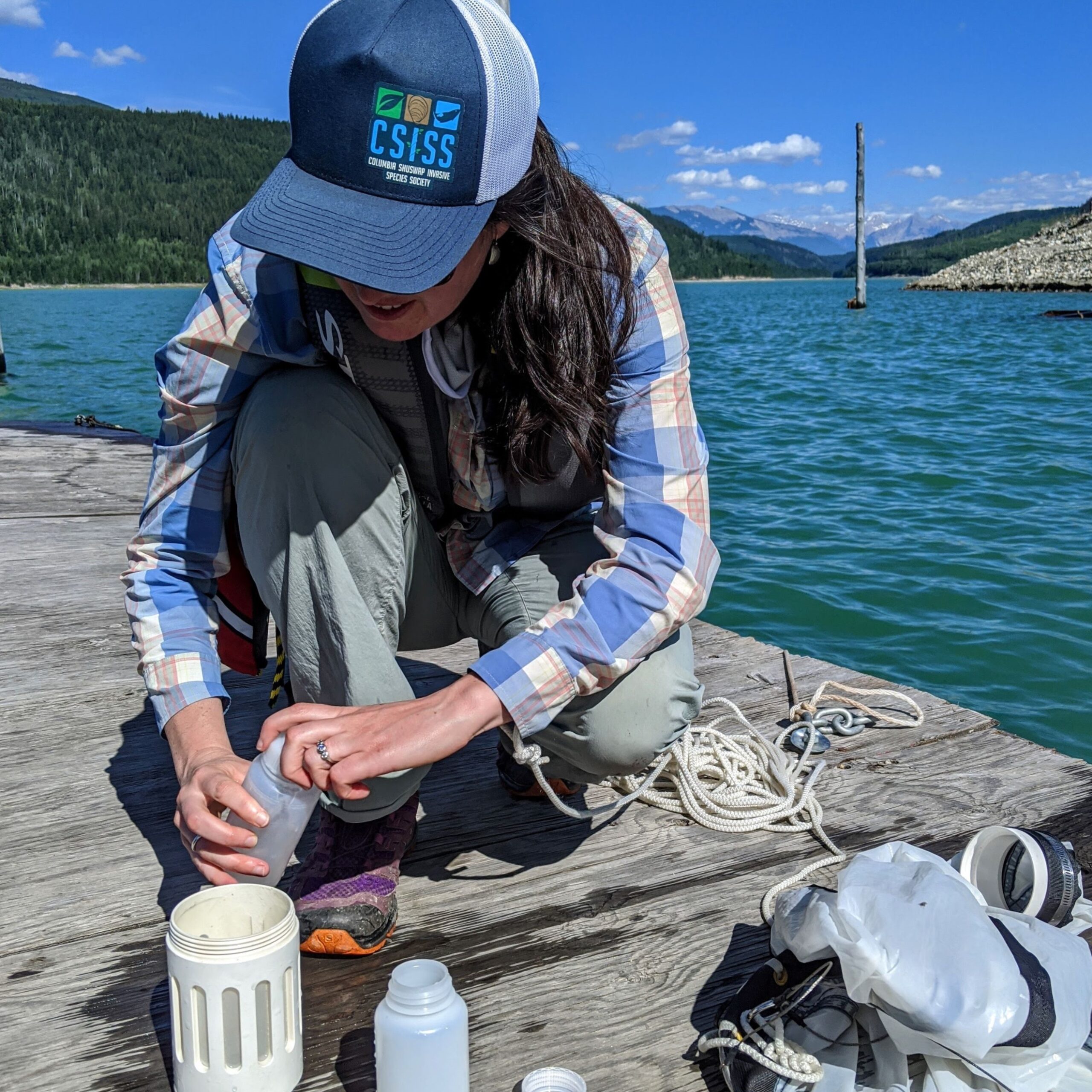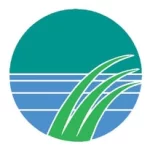Despite the challenges posed by the global pandemic, conservation organizations from across BC were out in full force this summer to ensure that BC’s lakes remain free of invasive mussel species.
2020 marked the third season that Habitat Conservation Trust Foundation (HCTF) has partnered with the Ministry of Environment and Climate Change Strategy (ENV) to support invasive mussel monitoring in BC’s lakes.
Although 2020 posed new and unique challenges for conservation practitioners, it has not stopped our conservation partners from carrying out important monitoring work for invasive zebra and quagga mussels (ZQM) across the province. This year, it was essential to adapt practices in the field to ensure that all the appropriate COVID-19 precautions were taken to keep both the conservation groups and the communities they were visiting safe. Despite the additional challenges, we are proud to report that nearly $150,000 in funding from the BC Ministry of Environment and Climate Change Strategy (ENV) and the Federal Department of Fisheries and Oceans (DFO), was provided to 12 groups across the province this year to support lake monitoring efforts as part of the provincial Invasive Mussel Defence Program.
The goal is to prevent the introduction of invasive zebra and quagga mussels (ZQM) into B.C. The program’s prevention efforts are focused on inspecting boats, monitoring lakes, educating the public and coordinating action with neighbouring jurisdictions. Invasive ZQM have been steadily moving westward across North America since the late 1980s, it is critical to identify them as early as possible so they can be controlled before they have a chance to spread throughout our waterways. Native to Eastern Europe, these invasive mussels can have a severe effect on native freshwater ecosystems, disrupting food chains, impacting fish populations, and even pose a danger to swimmers who may cut themselves of the mussel’s razor-sharp shells.
Given the threat that these invasive species pose to BC’s aquatic ecosystems, fishing recreational industries, aquatic infrastructure and other economic factors it is key that conservation groups monitor our waterways on a yearly basis. 2020 threw our conservation partners the added challenge of conducting sampling while maintaining safe COVID-19 precautions. Conservation groups such as the Lillooet Regional Invasive Species Society, and East Kootenay Invasive Species Council, rose to the occasion.
“Due to the global pandemic, the East Kootenay Invasive Species Council (EKISC) moved from small motorboat sampling while partnering with government staff to shoreline and/or dock sampling utilizing the in-house crew only. This increased our capacity to visit 15 waterbodies throughout June to September.” said Danny Smart, Field Operations Coordinator for the EKISC.
Other organizations such as the Lillooet Regional Invasive Species Society (LRISS) partnered with local communities and First Nations to ensure that, despite the challenges posed by COVID-19, their vital monitoring activities could continue. Jacquie Rasmussen, Executive Director for LRISS reports that “LRISS works very closely with the P’egp’ig’lha-T’it’q’et community and was able to get a permit to access the lake to do our sampling this summer even when the lake was essentially “closed”. This allowed T’i’t’q’et staff monitoring gates to let us through to take our samples. We are extremely grateful for our partnerships with the St’át’imc, HCTF and ENV to make this sampling possible.”
Conservation work and invasive species monitoring is vital to maintaining the biodiversity, health and resilience of BC’s unique and varied ecosystems. It is heartening to know that despite the presence of unforeseen and significant challenges, conservation organizations are adaptable and dedicated to safeguarding BC’s natural places.
How you can help:
- Report any suspected invasive species via the Provincial “Report Invasives BC” smartphone application (available for download from gov.bc.ca/invasive-species) and any suspected invasive zebra or quagga mussels to the Report All Poachers and Polluters hotline 1-877-952-7277.
- Clean Drain Dry when moving gear and watercrafts from one waterbody to another. Remove all plants and mud before moving to a new water body. Properly drain all compartments, pull the drain plug and allow to dry before moving to another waterbody.
HCTF’s Invasive Mussel Monitoring Grant program will continue in 2021, if you are interested in participating HCTF is accepting grant applications for the Invasive Mussel Monitoring Grant Program now until February 3rd, 2021.







